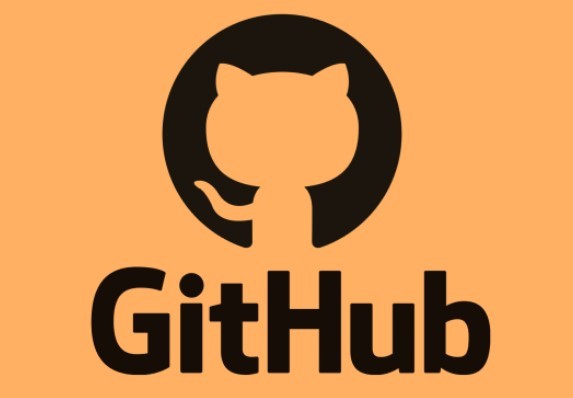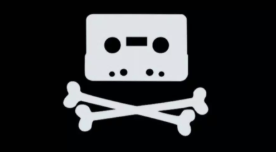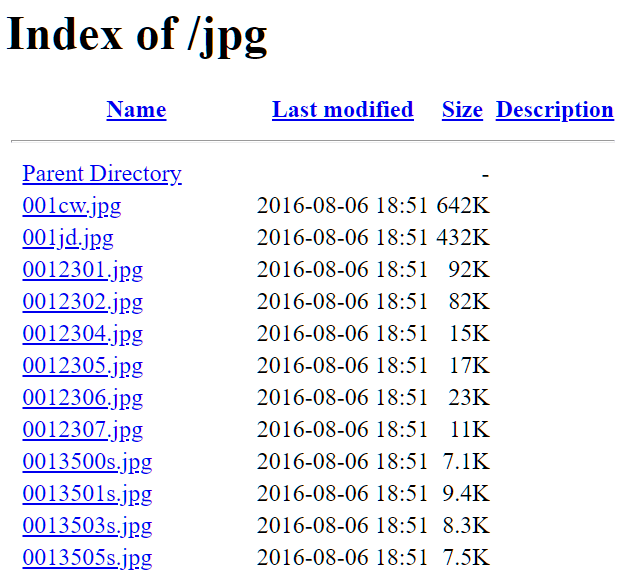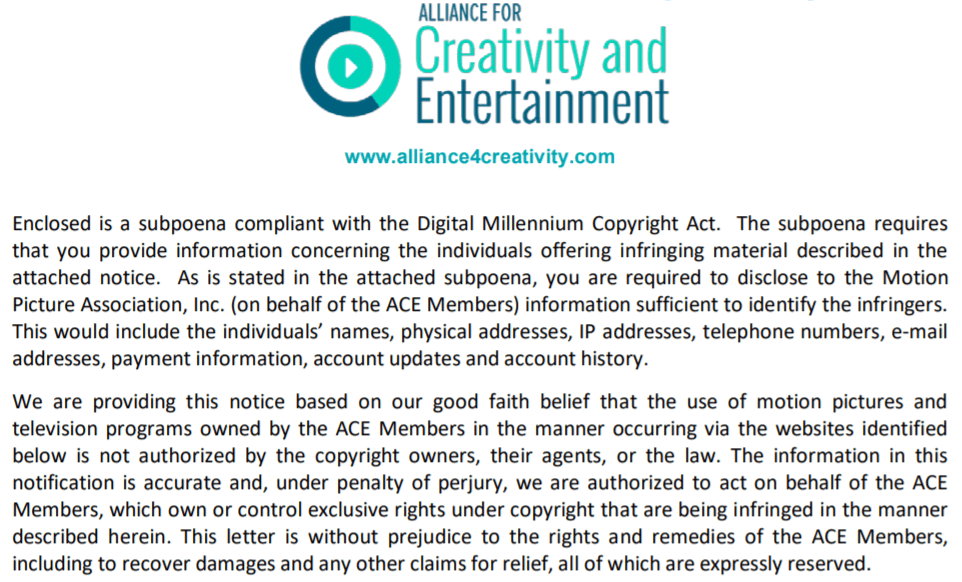-
chevron_right
“Rise of the Trolls” Torrent Warns Downloaders of YTS and ExtraTorrent
Ernesto Van der Sar • news.movim.eu / TorrentFreak • 17 November, 2020 • 3 minutes
 In recent years, YTS.mx has become one of the most-used torrent sites, serving millions of visitors every day.
In recent years, YTS.mx has become one of the most-used torrent sites, serving millions of visitors every day.
The site can be used without registering an account. However, those who sign up get some extra features, such as an option to bookmark titles. These added benefits can be handy but we learned that having an account also comes with risks.
Movie Companies Target YTS Users
In recent months, a group of movie companies filed several lawsuits against alleged YTS users . In several of these cases, they relied on information that came directly from the YTS user database , including email addresses and download histories.
The information was shared by the YTS operator as part of a confidential settlement agreement. This revelation came as a shock to the affected users and was harshly criticized by other torrent sites, several of which decided to ban YTS torrents .
Pirate Release Warns Downloaders
Today, we can add another episode to this unfolding drama after a torrent for the documentary “ Rise of the Trolls ” appeared online with the addition of a rather unusual message. Roughly three minutes into the video, the following warning appears.
“If you have downloaded this from either YTS or Extratorrent you can expect problems with the authorities. They cooperate with the film industry, more information can be found on Torrentfreak,” it reads.

The shorturl suggests that the link might point to more information but when we tried to access it this morning it redirected to the shorturl homepage. However, we assume that it’s supposed to provide more detail on the YTS database sharing issue.
The torrent, shared by SimplyTheBOSS, was uploaded to various torrent sites and copied by even more. This includes the popular ‘ExtraTorrent’ site extratorrents.it, that was formerly operating as Extratorrent.ag.
This, understandably, raised questions among the site’s users as the comment below illustrates.

TorrentFreak wasn’t in any way involved or consulted on the matter and the warning itself deserves some nuance.
Nuance Required
ExtraTorrent has frequently been linked to YTS and some believe that it is operated by the same ‘group’ of people. However, we’re not aware of any ExtraTorrent database info that was shared with film companies. Such information hasn’t been brought up in lawsuits either.
Also, the warning in the video references problems with the authorities. This is not necessarily the case as the YTS-related lawsuits are all civil cases between film companies and the alleged pirates. There is no law enforcement agency involved, yet.
The warning is correct by stating that YTS cooperated with film companies but whether they still share database information is unknown. We previously learned that it was a one-time arrangement, but details about the ‘deal’ were never officially made public.
That said, many people have lost trust in the site, no matter what happens in the future, and this warning notice underlines that.
The Troll Threat
To find out more, TorrentFreak reached out to the uploader of one of the torrents but he or she preferred not to comment publicly on the matter. The same warning may also appear in other releases, but we have only seen it in the “Ride of the Trolls” torrent so far.
The makers of the documentary have nothing to do with the lawsuits but their title was likely chosen for a reason. The film companies that go after individual pirates are often referred to as “copyright trolls,” after all. Also, the documentary discusses topics such as online anonymity and freedom on the internet.
Finally, it is worth noting that anyone who downloads content via BitTorrent can potentially be tracked, no matter what site they use. Without a VPN, one’s public IP-address is visible to anyone, including copyright holders.
The YTS database information gave filmmakers extra evidence though. They used this in various lawsuits but also sent settlement offers to YTS users directly , using the listed email address.
From: TF , for the latest news on copyright battles, piracy and more.

 Last month, the RIAA
Last month, the RIAA  Every year copyright holder groups get the chance to share their list of “notorious” piracy actors to the
Every year copyright holder groups get the chance to share their list of “notorious” piracy actors to the 





 Most developers can only dream of creating software that’s used by hundreds of millions of people across the globe.
Most developers can only dream of creating software that’s used by hundreds of millions of people across the globe.

 With more ways to stream online video than ever before, protecting video continues to be a key issue for copyright holders.
With more ways to stream online video than ever before, protecting video continues to be a key issue for copyright holders.
